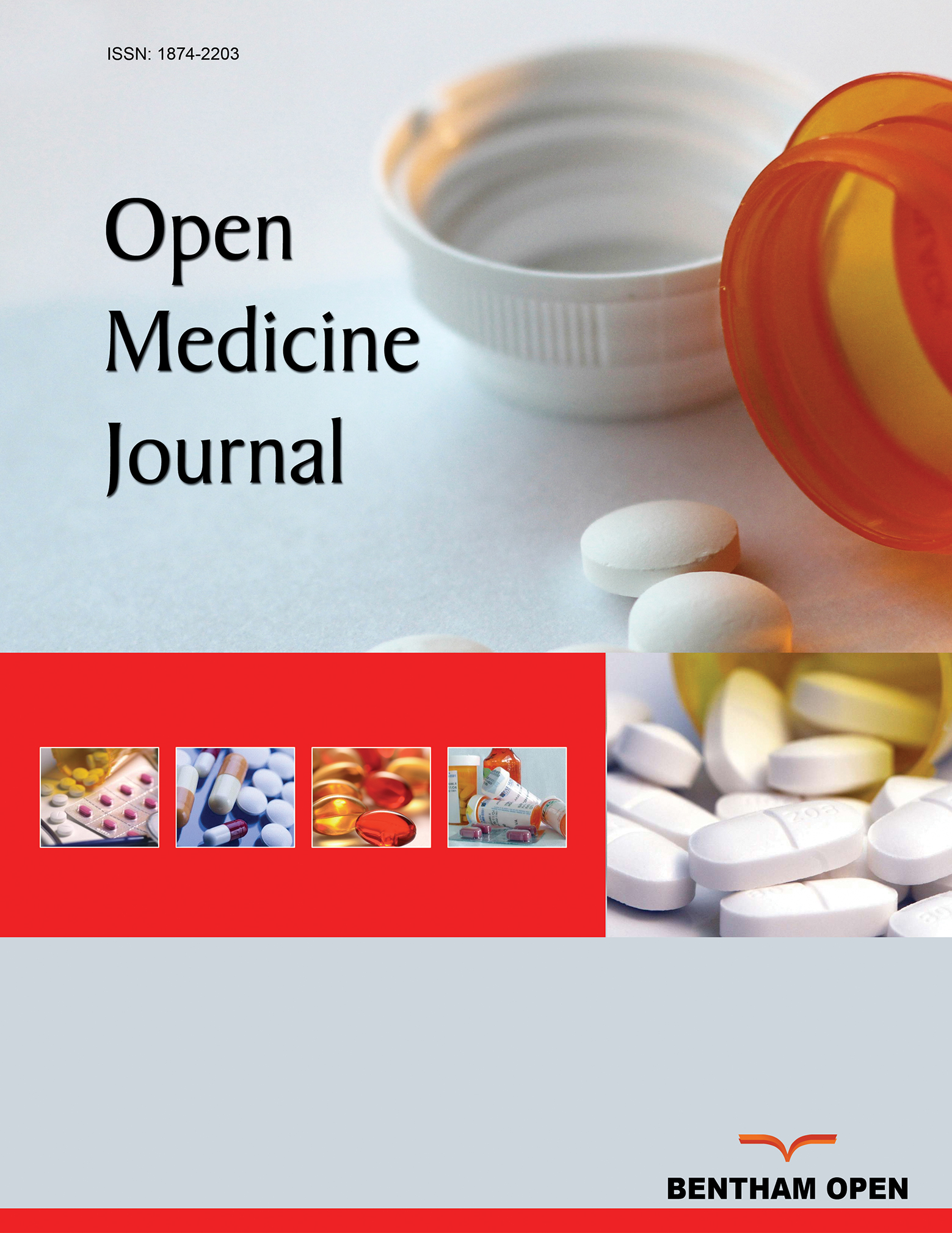All published articles of this journal are available on ScienceDirect.
CXCR4-containing Exosomes Derived From Cancer Associated Fibroblasts Promote Epithelial Mesenchymal Transition in Ovarian Clear Cell Carcinoma
Abstract
Aims:
Interaction between CAFs and OCCC in the tumor microenvironment and its possible pathway.
Background:
Ovarian clear cell carcinoma (OCCC) has high invasion, metastasis and poor prognosis. Tumor invasion is facilitated by epithelial mesenchymal transition (EMT), which is associated with stromal cells of tumors that mostly consist of cancer associated fibroblasts (CAFs). Exosomes are important carriers of information exchange and transmission between cells.
Objective:
We aimed to investigate whether CAFs can induce OCCC invasion through exosomes.
Methods:
We extracted exosomes with an exosome extraction kit. Immunofluorescence staining was used to detect whether exosomes were internalized by ES2 cells. EMT-related proteins were detected, and invasion experiments were carried out to investigate whether CAFs can induce OCCC invasion through exosomes.
Results:
We found that CAF and NF exosomes could be internalized in ES2 cells. The expression of OCCC CXCR4 protein could be increased by adding the supernatant of CAFs, but there was no significant change in the expression of CXCR4 mRNA. CXCR4 protein expression in CAF exosomes was significantly higher than that in NFs. Enhanced tumor invasiveness in ES2 cells was associated with CAF exosome-mediated, increased levels of N-cadherin and β-Catenin. Inhibition of CXCR4 expression or the Wnt/β-Catenin pathway of ES2 cells potentially reverses EMT and invasion induced by CAF exosomes.
Conclusion:
This study demonstrates that CXCR4-containing exosomes derived from CAFs could promote the EMT and invasion of OCCC.


